How To Become An Otolaryngologist (ENT Specialist)?
Otolaryngologists are doctors who specialize in the disorders of Ear, Nose, Throat & related bodily structures. Learn how to become an otolaryngologist here.

Otolaryngologists are doctors who specialize in the disorders of Ear, Nose, Throat & related bodily structures. Learn how to become an otolaryngologist here.

An optometrist is an eye specialist who can evaluate patient’s vision health and provide correct vision aids. Learn how to become an optometrist here.

An orthopedic surgeon is a specialist that treats problems with muscles and limbs. Explore how to become an orthopedic surgeon & educational criteria here.
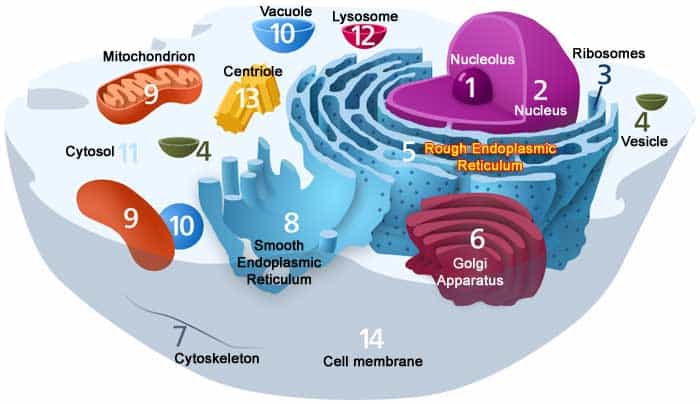
By definition, the cellular organization is the components that make up the cell and how they are arranged inside it. Each component, called an organelle, performs a specific vital function for the cell. In this article, we will explore the basic functional components of the cell and cell shape and size.

Mesenchymal stem cells are multipotent cells that give rise to many cells in the body. This article will explain everything you need to know about MSCs.
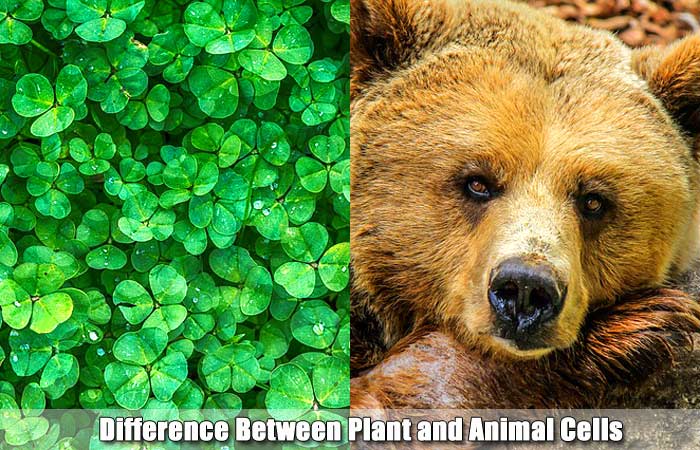
Although both animal and plant cells bear similarities, there are differences between plant and animal cells in shape, size, Organelles & functions. Explore plant cells vs animal cells from 17 cellular perspectives, such as shape, size, plasticity, vacuole, chloroplast, lysosome, centriole, food storage, and more.
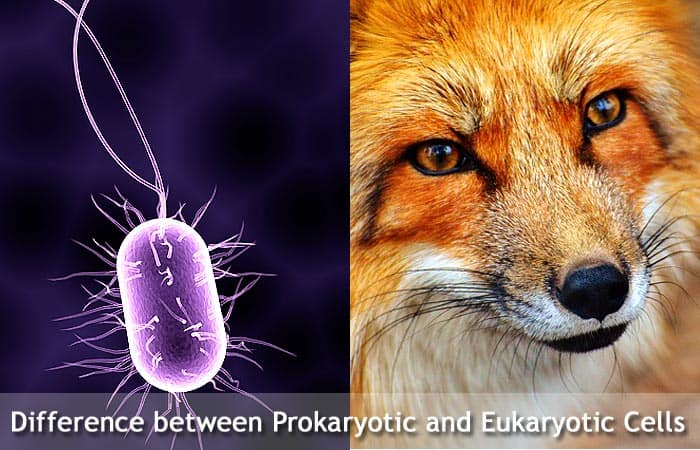
Explore the difference between Prokaryotic and Eukaryotic Cells, considered one of the most important variations among groups of organisms.
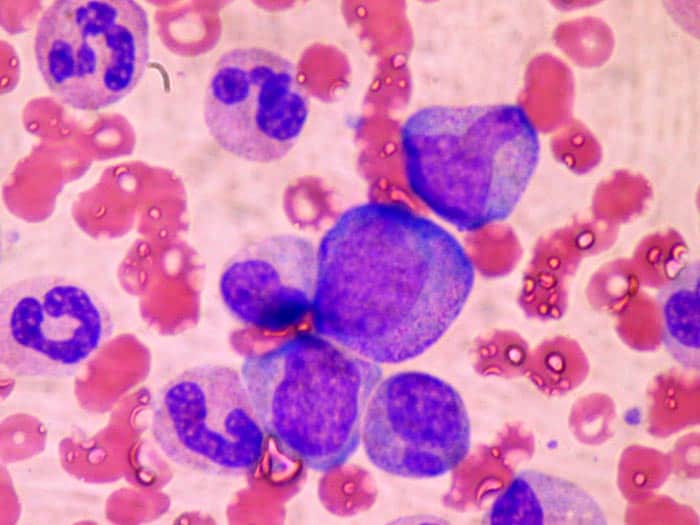
Blood Cells are usually short-lived. Hematopoietic Stem Cells in the body are present to restore them continuously. See its origin, properties & functions.
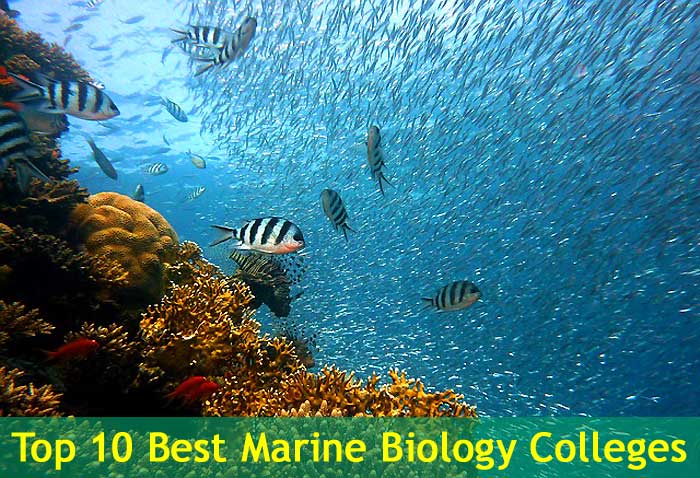
The top 10 Best Marine Biology Colleges & Universities in North America offer excellent marine science programs in state-of-the-art facilities.
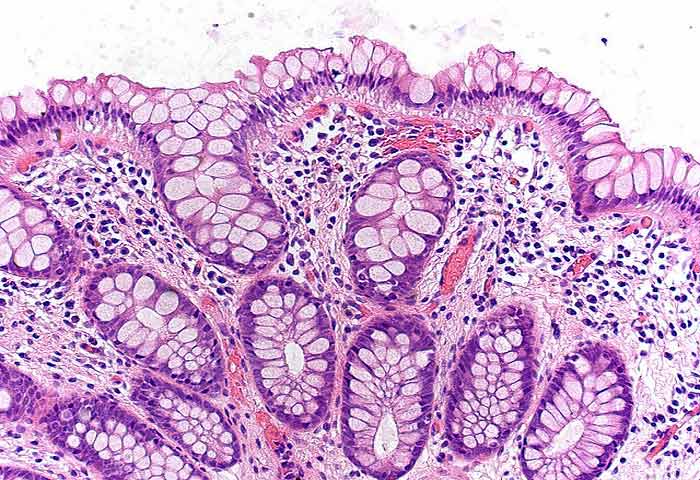
Let’s explore the biology of Goblet Cells ranging from their definition, functions, where found, mode of mucus secretion, associated diseases with diagrams.
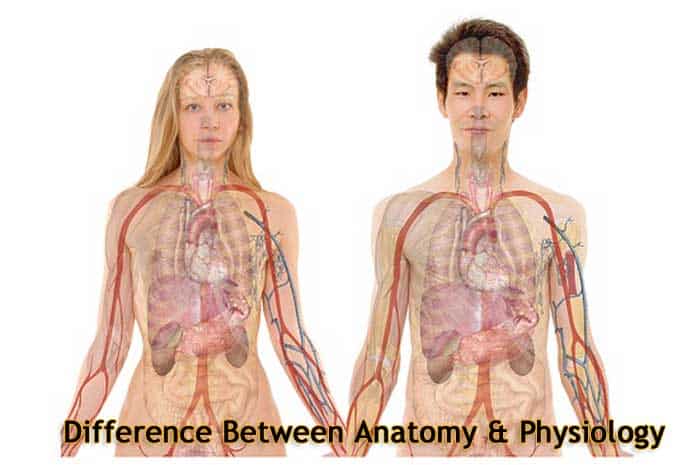
See the difference between anatomy and physiology from technical & academic/career perspectives though they make a good pair of related branches of knowledge.

Living organisms are classified into 3 biological groups Prokarya, Archaea, & Eukarya. Learn domain Eukarya kingdoms & characteristics here.

Hepatology is regarded as a branch of gastroenterology focusing on disorders of liver, gallbladder & related organs. Explore how to become a hepatologist and required educational qualification.

Being a Biology enthusiast I created this website BioExplorer.net to share my passion towards the subject as I was fascinated by this wonderful thing called “life”.

Biological Weathering is a natural phenomenon that occurs on rocks due to living organisms. Learn the definition, its process, types, and real-life examples. In the environment, 3 types of weathering occur namely Physical Weathering, Chemical Weathering, and Biological Weathering.

Family Medicine physician is a specialist that focuses on the family as a unit. Explore the steps involved on how to become a family medicine physician here.

An epidemiologist plays a crucial role in disease prevention & making recommendations to doctors. Explore how to become an epidemiologist & academic needs.

An endocrinologist treats & diagnoses problems connected with the endocrine system. Explore how to become an endocrinologist & educational qualifications.

The History of Immunology goes as far back as 430 BCE. The words Immunity and Vaccine come from Latin. See the complete immunology timeline classified by year.

Emergency room (ER) doctors are trained to treat both injuries & illnesses of patients. Learn how to become an ER doctor and required qualifications here.

A dermatologist is a medical specialist that deals with the diseases of the skin, hair & nails. Explore how to become a dermatologist, qualifications and expected salary info here.

Cardiac Electrophysiologist (EP) specializes in treating heart rhythm disorders. Explore on how to become a cardiac EP, educational qualifications & salary.

Cardiologists specialize in the treatment of heart diseases and blood vessels. Explore how to become a cardiologist, educational requirements & salary info.

An andrologist is a medical specialist that deals with male reproductive health. Learn all required educational qualifications on how to become andrologist.
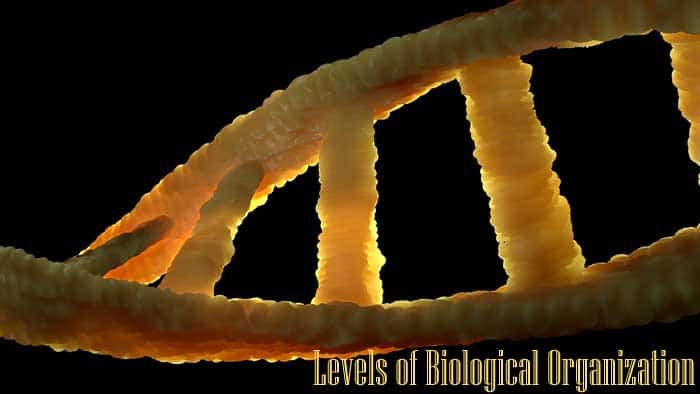
Living organisms are hierarchically classified into 10 levels of biological organization that range from a simple cell to a massive sphere of all life forms. Explore the levels of organization in detail here.
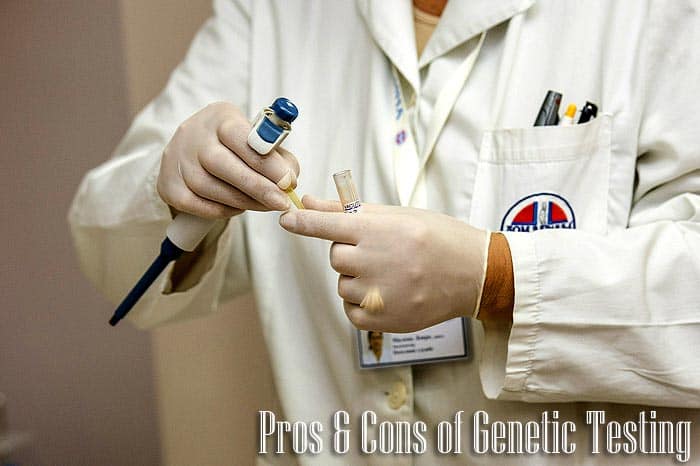
Here are 12 Pros and Cons of Genetic Testing. Find out what is, why it is needed, Advantages & Disadvantages of it and how accurate it can be before taking one.

Though the field of Genetics & Biotechnology has helped us in the better understanding of genes, here are 13 comprehensive Genetic Engineering Pros & Cons.
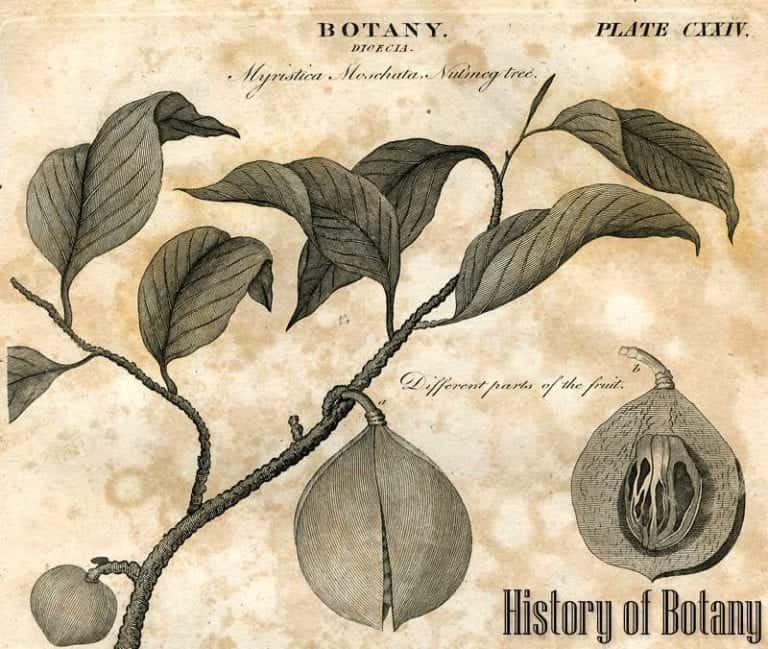
Botany is the systematic and scientific study of plants. The history of botany goes as far as to 4th century B.C.E. Check out a timeline of botany history.
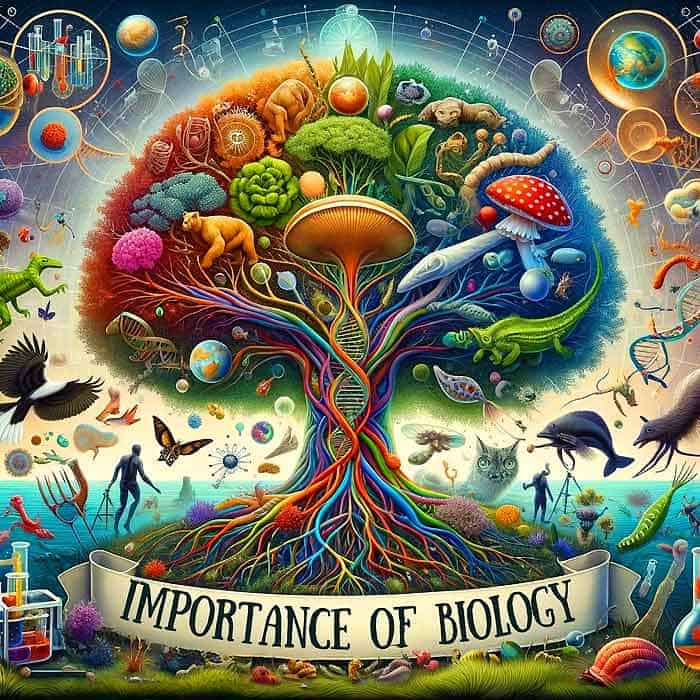
The importance of biology as highlighted through top 25 key reasons spanning fundamental life science insights, medical advances, biotechnology innovations, climate solutions, and unraveling mysteries of cognition, evolution, and homeostasis transforms lives by leveraging nature’s evolutionary wisdom.

Walruses are Arctic Circle’s creatures, considered to be one of the largest fin-footed sea mammals. Explore what do walruses eat, how walruses hunt & more.

The term Evolution can be defined as the study of living organisms, the stages of development and also all nuances about the natural history of Earth.

Immunology is a branch of biomedical science that encompasses the study of immune system in all living organisms. Learn studies and career options in immunology.
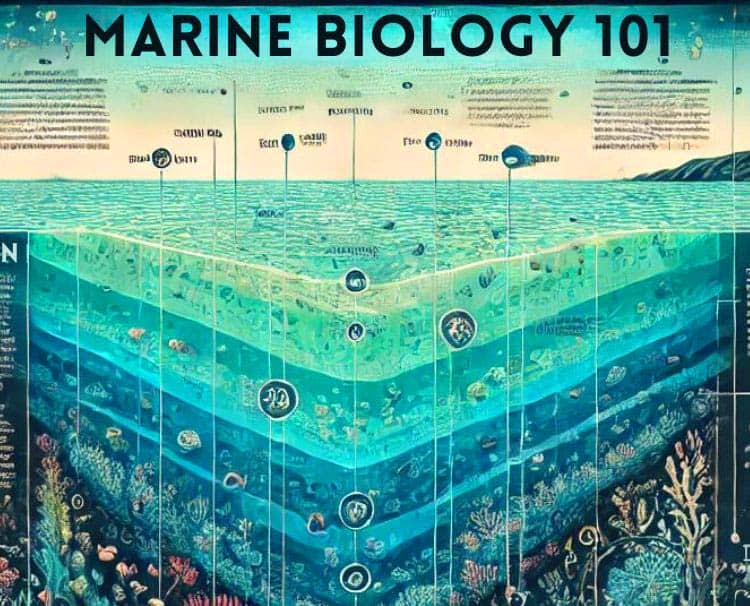
Dive into the basics of marine biology and discover the incredible diversity of ocean life. From microscopic organisms to giant whales, explore the fascinating world beneath the waves in this comprehensive guide to Marine Biology 101.
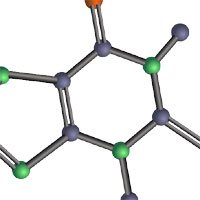
Molecular Biology is a branch of science that encompasses the study of biological activities occurring in the molecular levels.
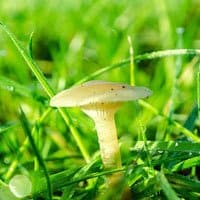
Mycology is branch of science that involves the study of fungi. The subject was originally a part of Botany. Often known as Mycelium, fungi are unicellular.
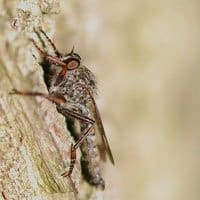
Biology is science that covers a wide variety of subjects….
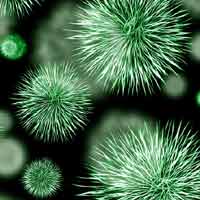
Explore Virus Structure, Viral Structure Types, and Functions A virus…

Here are the different branches of zoology and their definitions. These sub-disciplines study the anatomy and physiology of all living & extinct animals. Explore each zoology division in detail here (study of different animals).

Ecology is the branch of science involves the scientific analysis of organisms in the environment. Ecology covers the topic of biodiversity as well. Since our Ecosystem is unexpectedly vast, you as a student will be asked to gain insight on a variety of topics.

Becoming A Botanist? Learn What, Where, How And Why. Learn…
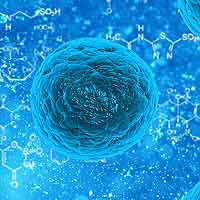
Albert Einstein Comprehensive Cancer Center The Albert Einstein Comprehensive Cancer…

!MBS – Molecular Biology Shortcuts The entry door to the…

American Type Culture Collection The American Type Culture Collection (ATCC)…
Advances in Physiology Education Advances in Physiology Education is dedicated…
Annual Review of Microbiology Web site for Annual Review of…
Abstracta Botanica Abstracta Botanica publishes papers in the field of…

A.A.Bogomoletz Institute of Physiology The A.A. Bogomoletz Institute of Physiology…

A.L Consulting – The supercritical expertise A.L Consulting offers consultancy…
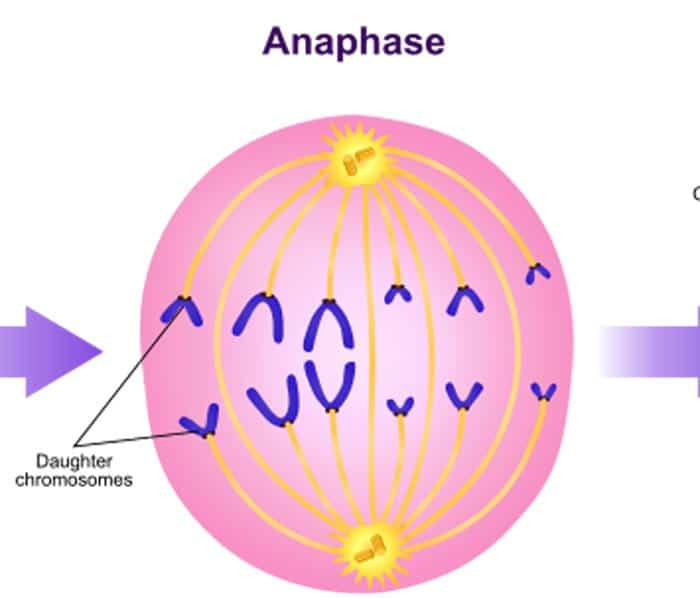
In a cell cycle, mitosis is a procedure by which the chromosomes in a cell nucleus divide into two sets of chromosomes. These sets are identical and are safeguarded in individual nucleus.
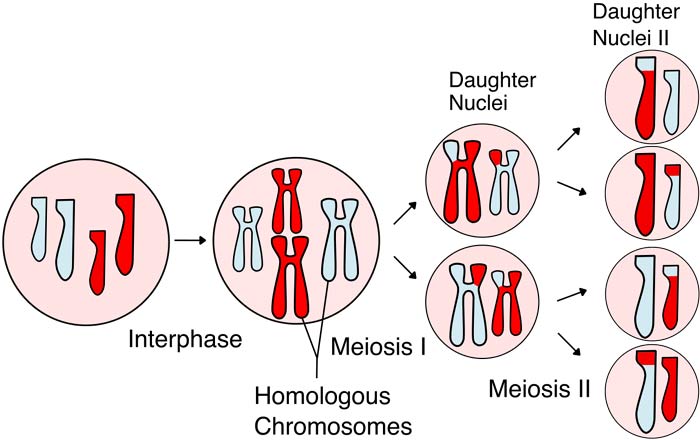
Meiosis is a type of cell division that occurs in the sex cells. In this article, explore what it is, stages of meiosis and importance of meiosis in detail. During the event of meiosis, the chromosome count shrinks to half (cell biology).
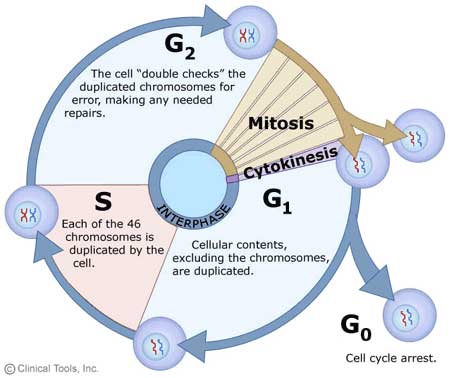
Cell cycle, often called the cell-division cycle is the study of events like division and duplication, occurring within the cell. These cells are termed as ‘Eukaryotes’.
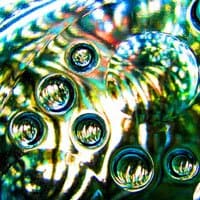
Cells are often described as the basic unit of life. Cell biology is a sub-discipline of biology that deals with the study of cells in all aspects.
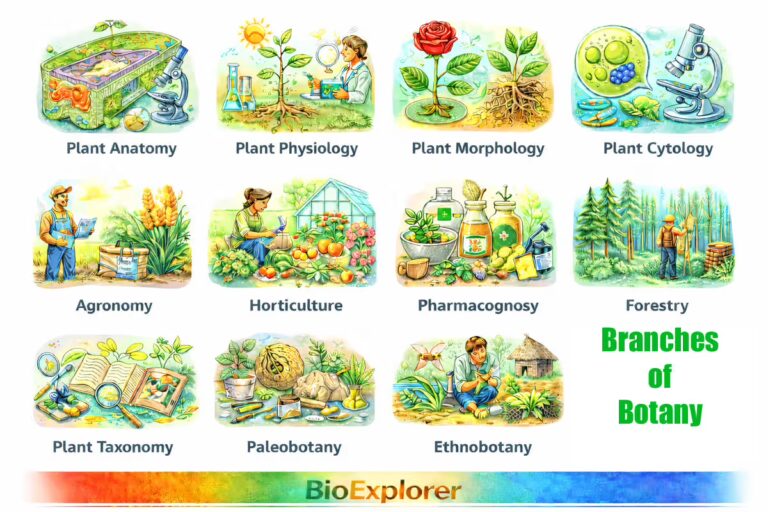
Botany is a branch of science that covers subjects relevant to the study of plants only. Living organisms, both humans & animals depend on plants for Oxygen.

Anatomy is a branch of science concerned with the study of structure in animals, human beings, and living organisms. Here’s a list of resources on anatomy.
Intracytoplasmic staining for cytokines Protocol for intracytoplasmic staining of cytokines…
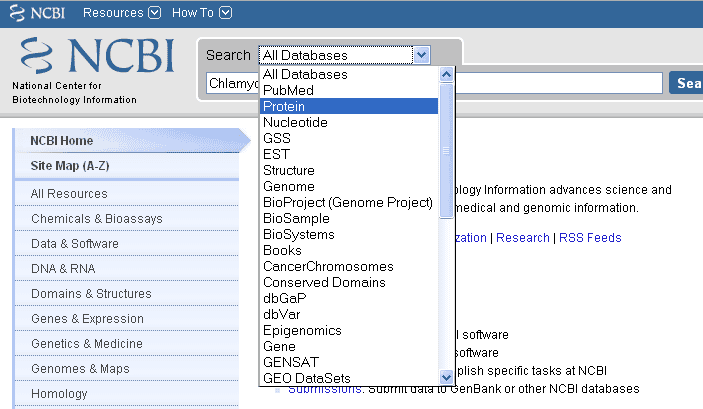
Proteins, also known as the essential building blocks of the…

Major Sequence Databases The one thing that plays a crucial…
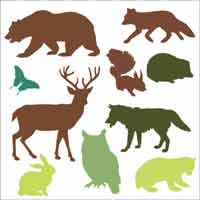
‘BIOETHICS’ can rightly be described as a combination of two subjects Biology and Philosophy. Well, ethics is a typical discipline of philosophical studies.
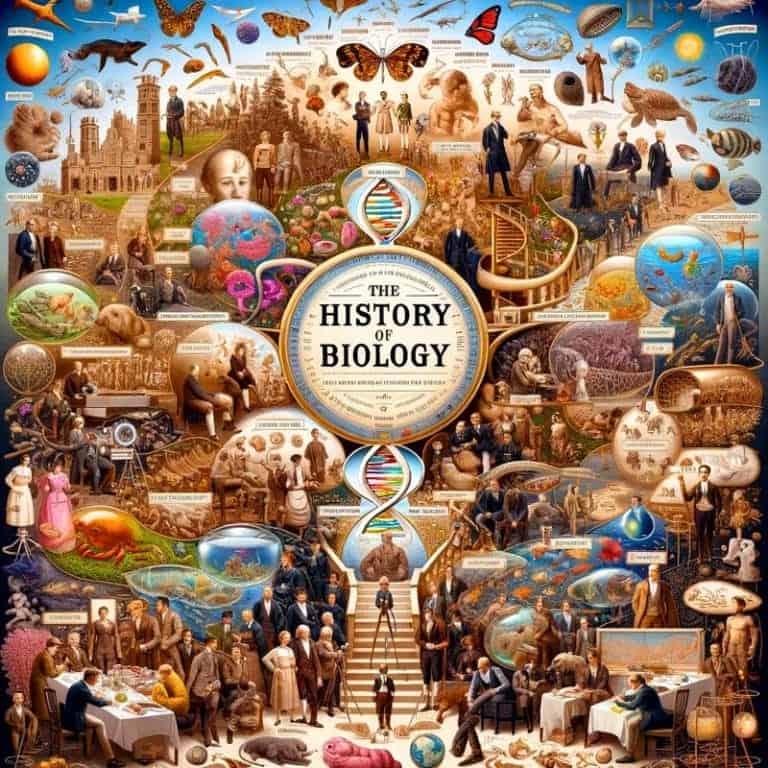
Biology is the study of life on Earth. The History of Biology, however, focuses on the advent of life on Earth, right from ancient times.